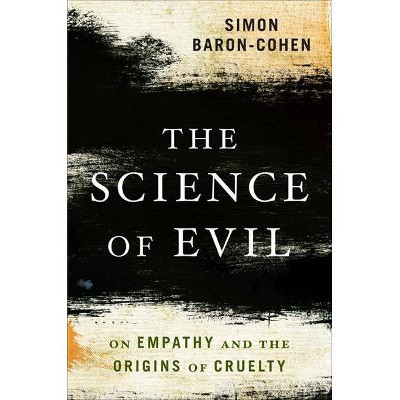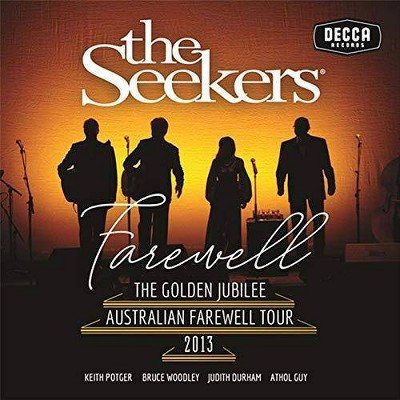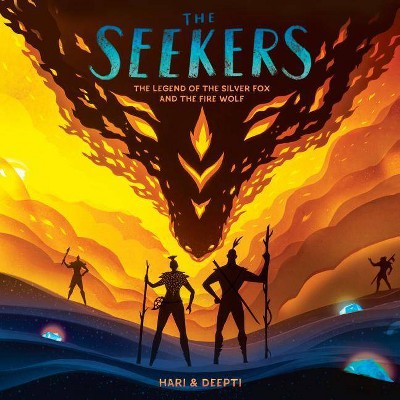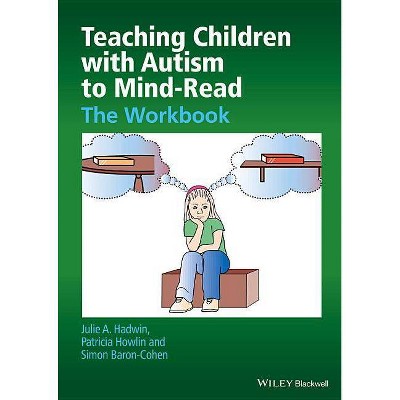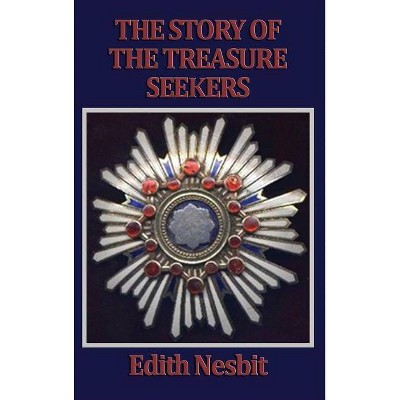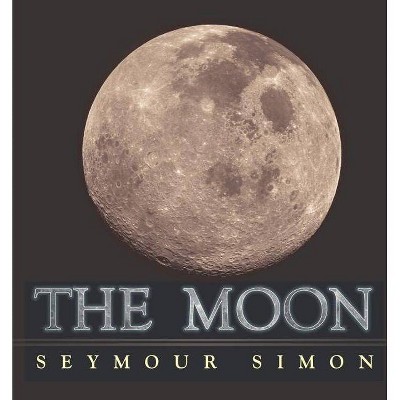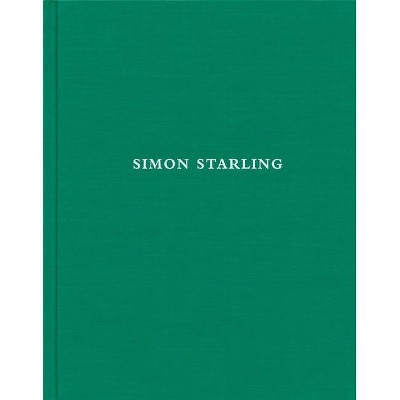The Pattern Seekers - by Simon Baron-Cohen (Hardcover)
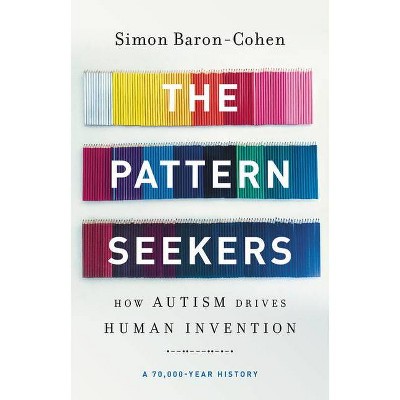
Similar Products
Products of same category from the store
AllProduct info
<p/><br></br><p><b> About the Book </b></p></br></br>"A groundbreaking argument about the link between autism and ingenuity. Why can humans alone invent? In The Pattern Seekers, Cambridge University psychologist Simon Baron-Cohen makes a case that autism is as crucial to our creative and cultural history as the mastery of fire. Indeed, Baron-Cohen argues that autistic people have played a key role in human progress for seventy thousand years, from the first tools to the digital revolution. How? Because the same genes that cause autism enable the pattern seeking that is essential to our species's inventiveness. However, these abilities exact a great cost on autistic people, including social and often medical challenges, so Baron-Cohen calls on us to support and celebrate autistic people in both their disabilities and their triumphs. Ultimately, The Pattern Seekers isn't just a new theory of human civilization, but a call to consider anew how society treats those who think differently."--<p/><br></br><p><b> Book Synopsis </b></p></br></br><b>A groundbreaking argument about the link between autism and ingenuity.</b><br>Why can humans alone invent? In <i>The Pattern Seekers</i>, Cambridge University psychologist Simon Baron-Cohen makes a case that autism is as crucial to our creative and cultural history as the mastery of fire. Indeed, Baron-Cohen argues that autistic people have played a key role in human progress for seventy thousand years, from the first tools to the digital revolution.<br>How? Because the same genes that cause autism enable the pattern seeking that is essential to our species's inventiveness. However, these abilities exact a great cost on autistic people, including social and often medical challenges, so Baron-Cohen calls on us to support and celebrate autistic people in both their disabilities and their triumphs. Ultimately, <i>The Pattern Seekers</i> isn't just a new theory of human civilization, but a call to consider anew how society treats those who think differently.<p/><br></br><p><b> Review Quotes </b></p></br></br><br><i>The Pattern Seekers</i> is a book of big ideas and is sure to excite intense discussion and debate, fueled by Baron-Cohen's lively prose and provoking stories.--<i><b>Daniel J. Povinelli, author of World Without Weight</b></i><br><br><i>The Pattern Seekers</i> is a game-changing book, a passport into exploring the world of innovation and creativity. Most importantly, it celebrates autistic people and is a call for action, to welcome neurodiversity.--<i><b>David Joseph, Chairman and CEO of Universal Music UK</b></i><br><br>A fascinating account of the mechanisms underlying the related capacities of both autistic individuals and innovators.--<i><b>Brian Josephson, Emeritus Professor of Physics at University of Cambridge and winner of the Nobel Prize in physics</b></i><br><br>A thoughtful argument that creativity shares many of the same traits as autism.... Insightful.--<i><b>Kirkus</b></i><br><br>Always years ahead of others, always bolder in mind and in action than others, Simon Baron-Cohen now synthesizes a secret of human creativity born out of difference. Where others saw disability, he saw specialness. Like nature itself, the beauty of the human mind comes from its diversity.--<i><b>Ami Klin, Bernie Marcus Distinguished Chair in Autism at EmoryUniversity</b></i><br><br>Baron-Cohen's work buttresses the case that aspects of autism can be positive, and that thoughtful guidance can channel some with that diagnosis into productive and meaningful work. Readers interested in accessible and innovative looks at the human mind, such as those of Yuval Noah Harari, will be fascinated.--<i><b>Publishers Weekly</b></i><br><br>Based on massive research, Simon Baron-Cohen argues that most of us are specialized in how we perceive the world around us. There are those who focus on people and those who focus on things. The author makes a compelling case that the second kind of mind -- the pattern seeker -- is at the root of modern human civilization.--<i><b>Frans de Waal, C. H. Candler Professor of Primate Behavior at Emory University and author of Mama'sLast Hug</b></i><br><br>In this ambitious and provocative book, Simon Baron-Cohen goes beyond the usual discussion of 'special gifts' in autism to propose that the diversity of human operating systems has accelerated the advancement of human civilization and culture in ways we can barely imagine.--<i><b>Steve Silberman, author of NeuroTribes</b></i><br><br>It's rare to come across a surprising new idea that explains important phenomena, but Simon Baron-Cohen's exploration of abstract pattern-seeking in human affairs is one of them. This book sheds light on one of humanity's most distinctive traits, celebrates human cognitive diversity, and in contrast with its subject matter, is rich with empathy and psychological insight.--<i><b> Steven Pinker, author of The Language Instinct</b></i><br><br>Simon Baron-Cohen has long been a champion of autistic people, and <i>The Pattern Seekers</i> -- a thought-provoking book -- makes a significant contribution to the emerging literature on neurodiversity.<br>--<i><b>John Elder Robison, author of Look Me in the Eye</b></i><br><br>Simon Baron-Cohen has written a wildly creative and fascinating book. He takes on one of the deepest puzzles in cognitive science by asking a simple question: What makes Homo sapiens so inventive? By combining brain science, evolutionary biology, and the study of autism, Baron-Cohen provides a unique theory of human cognition. It is surely one of the most powerful and eye-opening books about the human mind written this decade.--<i><b>Andrew N. Meltzoff, co-author of The Scientist in the Crib</b></i><br><br>Simon Baron-Cohen is one of the greatest thinkers and writers today on the subject of autism. In this erudite new book he explains that autistic people's strongly systematic way of thinking differently is one of the essential elements in the capacity for invention. Baron-Cohen explores how obsessively experimenting with patterns and sequences, whether in music, the visual arts, math, engineering, cooking, or observing the patterns of the ocean waves, led to new inventions and discoveries. He has recalibrated the lens through which autism is understood and redefined it as a rare potentiality, to be valued and celebrated. His bold new idea, that the genes for autism drove the evolution of human invention, places this disability center stage in the story of humans. If you have ever wondered why geniuses spend so much time alone in their sheds, this illuminating book starts to give us an answer to that question.--<i><b>Jools Holland, musician</b></i><br><br>Simon Baron-Cohen, an internationally acclaimed authority on human brains, has written a fascinating book that illuminates the 'spectrum' of thinking styles. After reading it, you'll better understand the personalities of your friends and colleagues!--<i><b>Martin Rees, author of On the Future</b></i><br><br><b>A Barnes & Noble Best </b><b><b>Psychology Book for 2020</b></b>--<i><b>Barnes & Noble</b></i><br><br><b>One of the Best Science Books of 2020</b>--<i><b>Amazon.com</b></i><br><br>Editors' Choice--<i><b>The New York Times Book Review</b></i><br><br><p>"In an age of increasing specialization, <i>The Pattern Seekers</i> comes as a breath of fresh air. Simon Baron-Cohen is truly a rara avis, able to see hidden links between seemingly unrelated disorders that span the whole spectrum of human nature. He steers clear of simple-minded reductionism as well as touchy-feely psychology. The result is <b>a book that is destined to become a classic. </b>Baron-Cohen does not shy away from speculating on controversial topics like autism that everyone is interested in but no one understands. And although he is usually right on target, he will inevitably annoy a few pundits. But as Lord Reith of BBC put it, there are some people whom it is one's duty to annoy." -- V.S. Ramachandran, author of <i>The Tell-Tale Brain</i> </p><br><p/><br></br><p><b> About the Author </b></p></br></br><b>Simon Baron-Cohen </b>is professor of psychology and psychiatry and director of the Autism Research Centre at Cambridge University. He is the author of six hundred scientific articles and four books, including <i>The Science of Evil</i> and <i>The Essential Difference</i>.
Price History
Cheapest price in the interval: 14.69 on October 22, 2021
Most expensive price in the interval: 14.69 on November 8, 2021
Price Archive shows prices from various stores, lets you see history and find the cheapest. There is no actual sale on the website. For all support, inquiry and suggestion messagescommunication@pricearchive.us
